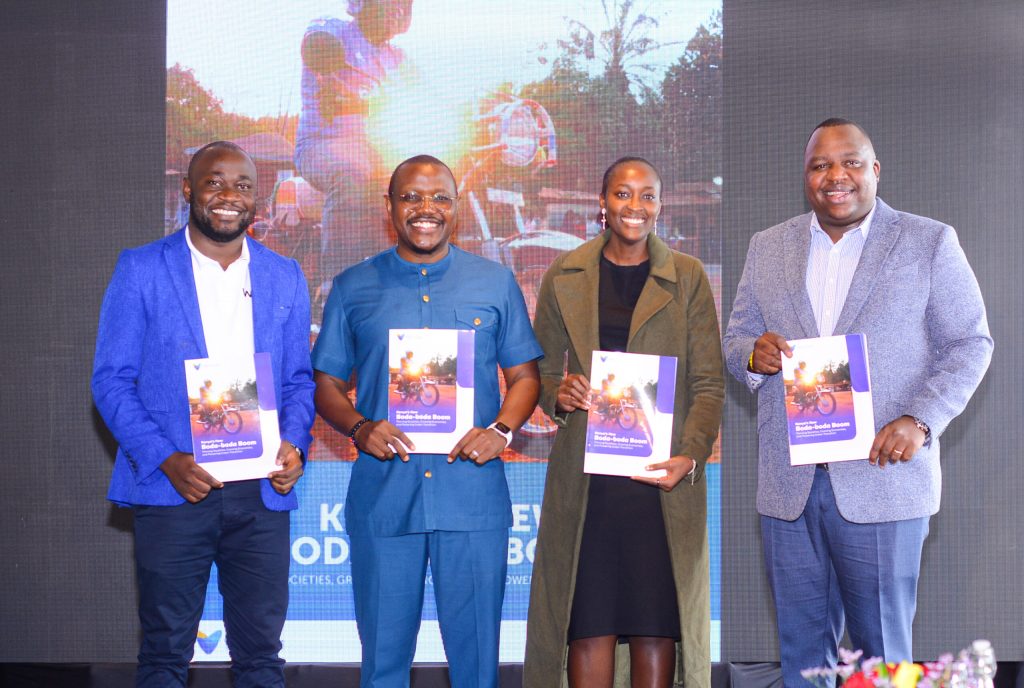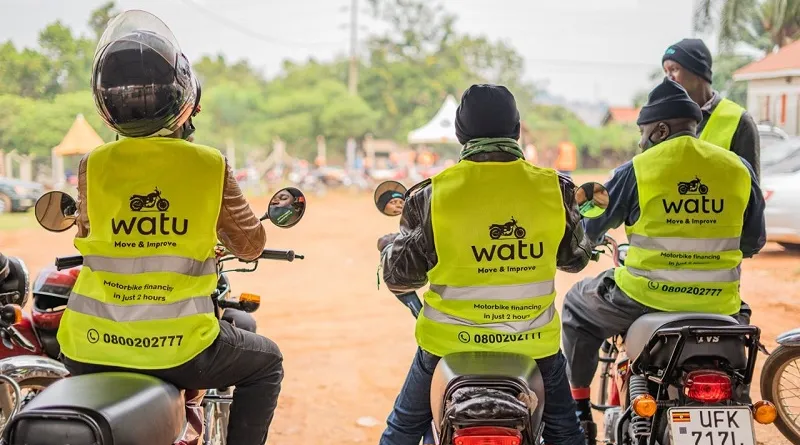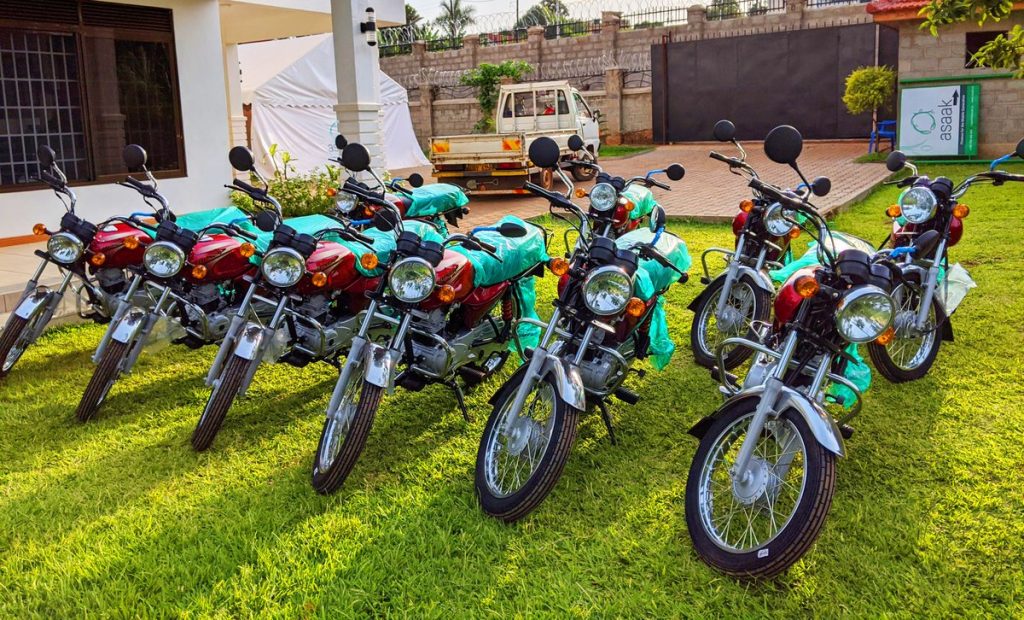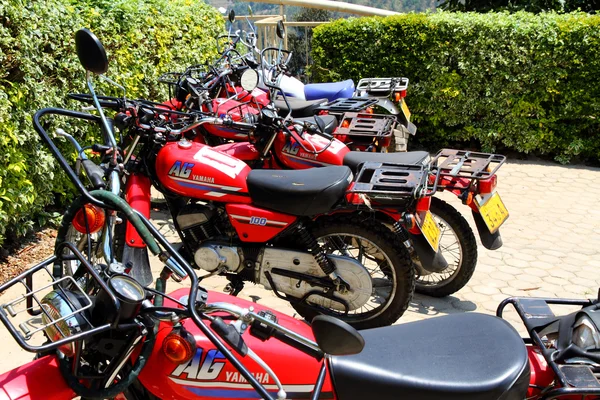
- Viffa Consult: Financed motorcycles boost Boda Boda Earnings.
Viffa Consult, a research firm reveals that Boda boda riders who operate motorcycles acquired through asset financing are earning significantly more than their counterparts using rented bikes.
The report, dubbed “The New Boda Boda Boom: Thriving Societies, Growing Economies, and Powering Green Transition”, shows that self-owned, asset-financed motorcycle riders earn an average of sh 1,100 daily equating to sh 26,400 monthly or sh316,000 annually.
 Over a five-year period, these riders save more than sh 440,000 compared to those who rent, whose costs can total sh 780,000 versus sh 339,688 through asset financing.
Over a five-year period, these riders save more than sh 440,000 compared to those who rent, whose costs can total sh 780,000 versus sh 339,688 through asset financing.
Victor Otieno, CEO of Viffa Consult, said that for years, many boda boda operators were stuck in a cycle of rental dependency.
“Boda boda riders pays up to sh 300 daily for motorcycles they didn’t own. Today, innovative asset financing models are changing that,” said Otieno.

The report further notes that non-bank lenders such as Watu, Mogo Auto, and M-Kopa are driving this shift by offering flexible financing options with daily or weekly repayments aligned to riders’ cash flows.
These models are empowering thousands of operators to transition from renters to owners, gaining long-term financial independence and improved livelihoods.
According to the National Transport and Safety Authority (NTSA), over 2 million licensed boda boda riders are currently active in Kenya.
Collectively, the sector generates over sh 660 billion annually, accounting for at least 4.4% of Kenya’s GDP and supporting millions of households, small businesses, and local economies.
The report notes that 67 percent of riders say ownership gives them stronger financial security, while 33 percent cite increased personal safety as a major benefit.
With average daily earnings of sh 1,100 over six working days, the sector is not only transforming lives but also significantly contributing to public revenue, generating an estimated sh 60 billion annually in fuel taxes and sh 21 billion in licensing fees.

Beyond their economic impact, the reports says that boda bodas are essential across various sectors, including agriculture, education, health, and e-commerce.
The report indicates that 40 percent of goods are transported within urban areas and provide last-mile connectivity in both rural and urban settings.
With greater financial stability, operators are also forming Savings and Credit Cooperatives (SACCOs), enabling better coordination, reducing criminal activities, and promoting road safety.
“These grassroots-led Saccos are setting a new standard for self-regulation and professionalism in the sector,” Otieno added.
The report highlights how the boda boda industry is aligning with environmental, social, and governance (ESG) goals through the increasing adoption of electric motorcycles.
This green transition is being supported by government incentives such as reduced excise duty and VAT exemptions for e-bikes, helping to cut emissions and reduce operating costs.
However, the report warns that challenges such as prohibitive interest rates, high insurance premiums, and limited financial literacy still hinder broader access to affordable credit.

It calls for targeted policy reforms to support a safer, more inclusive, and sustainable boda boda ecosystem.
“For the sector to reach its full potential, collaborative action is needed from all stakeholders, operators, financiers, policymakers, and manufacturers.
Improving access to credit, enhancing safety, and embracing sustainable practices will be key to driving continued growth,” Otieno noted.







